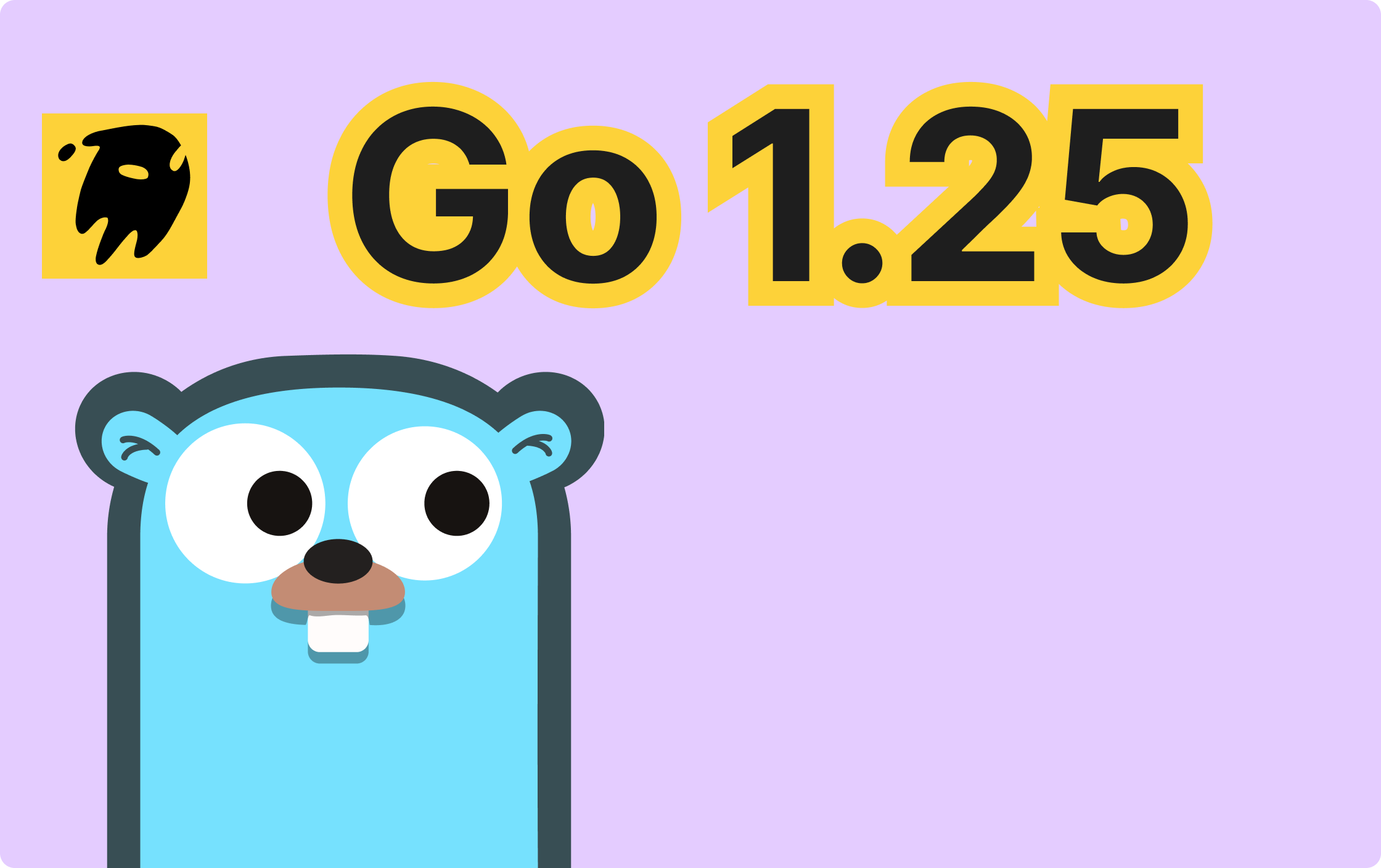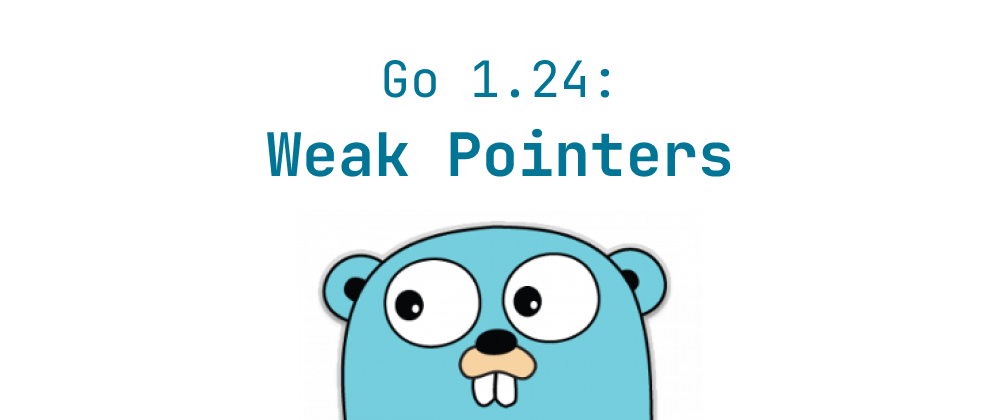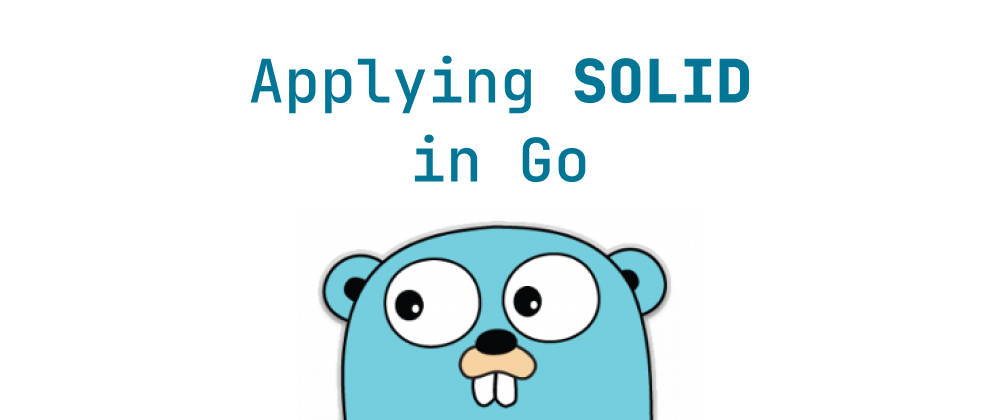The Go 1.25 Upgrade: Generics, Speed, and What You Need to Know
Takashi Yamamoto
Infrastructure Engineer · Leapcell

🚀 Go 1.25 Major Update Analysis: From Generic Revolution to Performance Leap | Full Review of Post-2020 Versions
Go has taken another significant step forward on its journey of continuous evolution! On August 12, 2025, the Go team officially released version 1.25, bringing a series of exciting new features and performance optimizations. As a regular update every six months, this version not only upholds Go's tradition of prioritizing practicality and stability but also delivers notable improvements in generic support, performance optimization, and standard library enhancement. Let’s dive deep into the highlights of Go 1.25 while reviewing the key updates since Go 1.20.
🌟 Go 1.25: Generic Optimization and Performance Revolution
Reconstruction of Generic Foundations: Removal of the "Core Types" Concept
Go 1.25 introduces a major enhancement to its generic system by completely removing the "Core Types" concept introduced in Go 1.18—one of the most impactful syntax adjustments since generics were added to the language.
Previously, the core type concept imposed numerous limitations: when a type set contained types with different underlying types (e.g., ~[]byte | ~string), even if certain operations (such as slice slicing s[i:j]) were valid for all types in the set, they would be prohibited due to the absence of a common core type. This not only restricted the flexibility of generics but also increased the learning curve and introduced inconsistencies in rules.
Go 1.25 addresses these issues by restructuring the language specification:
- Non-generic code defines rules directly based on concrete types, decoupling from generic concepts.
- Generic code uniformly uses type set checks for operations on type parameters to verify whether an operation is valid for all types in the type set.
This change makes generic code more flexible and powerful while reducing comprehension difficulty, marking a crucial milestone in the development of Go generics.
🧠 Intelligent Scheduling and GC Revolution
Go 1.25 brings two major improvements at the runtime level:
Cgroup-Aware GOMAXPROCS
This feature resolves the long-standing issue of CPU resource limitations in containerized environments. Previously, the Go runtime did not account for CPU quotas—even in restricted containers, GOMAXPROCS would still be set to the number of logical CPUs on the host machine, leading to unnecessary context switches. The new version periodically checks Cgroup limits (at 10-second intervals) and dynamically adjusts GOMAXPROCS, significantly reducing resource contention and context switching overhead.
Experimental GreenTea GC
A brand-new garbage collector enabled via GOEXPERIMENT=greenteagc, optimized specifically for small object-intensive applications. Through techniques such as size-based object classification, incremental marking optimization, and batch memory block scanning, it achieves:
- Significant improvement in memory locality
- Increased parallelism in the marking phase
- Enhanced scanning efficiency, reducing cache misses
- Approximately 40% reduction in overall GC overhead
This is a major boon for memory-sensitive services, but it is important to note that this remains an experimental feature and may undergo adjustments in future versions.
🚀 Major Standard Library Upgrades
Go 1.25 introduces several highly anticipated standard library updates:
encoding/json/v2
A new JSON processing package released as an experimental feature, almost fully rewritten to address pain points of the older version. It delivers:
- 3–10x faster deserialization speed
- Zero heap allocation implementation
- Support for streaming processing of large documents
- New
MarshalFunc/UnmarshalFuncinterfaces, providing more flexible custom serialization methods
This feature can be enabled via GOEXPERIMENT=jsonv2, but note that the API may still be adjusted based on user feedback.
testing/synctest
Graduated from its experimental status in Go 1.24 to become a stable package. This package provides robust support for testing concurrent code, solving the long-standing challenge of concurrent testing in Go.
🔧 Toolchain and Compiler Improvements
Go 1.25 also brings significant enhancements to the toolchain:
- DWARF5 Support: The compiler and linker now generate debugging information in DWARF version 5, reducing the storage footprint of debugging data while shortening the linking time for large binaries. If needed, this feature can be disabled via
GOEXPERIMENT=nodwarf5. - Slice Performance Optimization: The compiler can now allocate consecutive slices on the stack, significantly improving performance in scenarios involving multiple consecutive slice allocations.
- Expanded Architecture Support: The Linux/loong64 port now supports the race detector, and the Linux/riscv64 port supports plugin functionality—demonstrating Go’s ongoing commitment to emerging architectures.
🔍 Highlights Review of Versions After Go 1.20
Go 1.24 (February 2025): Foundation Strengthening
While Go 1.24 did not introduce groundbreaking new features, it delivered numerous valuable improvements to foundational capabilities:
- Generic Type Alias Support: Type aliases can now be parameterized like regular type definitions, enhancing the expressiveness of generic code.
- Maps Implemented with Swiss Tables: The built-in
mapwas reimplemented using the Swiss Tables data structure, delivering more stable performance. - Simplified Benchmark Testing: Introduction of the
testing.B.Loopmethod, replacing the traditionalfor range b.Npattern withfor b.Loop() { ... }—making benchmark tests more concise and less error-prone. - Filesystem Isolation: New
os.Roottype, enabling isolated filesystem operations within specific directories to enhance code security. - More Reliable Resource Cleanup:
runtime.AddCleanupprovides a more flexible, efficient, and less error-prone finalization mechanism compared toruntime.SetFinalizer. - Security Compliance Support: The standard library adds FIPS 140-3 compliance mechanisms, allowing approved cryptographic algorithms to be used without code modifications.
Go 1.23: Steady Progress (Limited Information)
Limited information about Go 1.23 is available in search results, but according to community feedback, this version focused primarily on internal optimizations and bug fixes, laying the groundwork for major features in subsequent releases.
Go 1.22 (March 2024): Simplified Concurrent Programming
The most notable improvement in Go 1.22 was the resolution of the long-standing loop variable capture issue:
- Loop Variable Scope Enhancement: Prior to Go 1.22, variables in a
forloop were shared across all iterations. In concurrent scenarios, this often led to unexpected behavior—all goroutines might reference the value of the loop’s final variable. The new version gives loop variables an independent scope for each iteration, fundamentally eliminating this common source of bugs. - Integer Range Iteration: Introduction of the
for i := range n {}syntax, which concisely iterates over integers from 0 to n-1. This is more elegant than the traditionalfor i := 0; i < n; i++pattern.
These improvements are only enabled by default for modules declared as Go 1.22 or later, ensuring backward compatibility.
Go 1.21 (August 2023): Standard Library Expansion
Go 1.21 brought several practical additions to the standard library for developers:
- Structured Logging: Introduction of the
log/slogpackage, providing structured logging capabilities to meet the logging needs of modern applications. - Simplified Container Operations: New
slicespackage (offering generic slice operations) andmapspackage (offering generic map operations)—these functions are typically faster and easier to use than those in thesortpackage. - Comparison Tools: New
cmppackage, providing utility tools for comparing ordered values and simplifying the implementation of complex comparison logic.
These new packages fill long-standing feature gaps in the standard library and reduce reliance on third-party libraries.
📝 Migration Recommendations and Best Practices
When upgrading to Go 1.25 and later versions, we recommend:
- Gradual Migration: Although Go maintains strong backward compatibility, it is still advisable to verify changes in a test environment first.
- Enable Experimental Features: For performance-sensitive applications, try enabling GreenTea GC and JSON v2, and provide feedback to help improve these features.
- Leverage the New Toolchain: Use
go get -toolto manage tool dependencies, and utilizetesting.B.Loopto simplify benchmark testing. - Pay Attention to Module Settings: Ensure the correct Go version is declared in
go.modto enable the new features of the corresponding version. - Platform Compatibility: Note that Go 1.25 requires macOS 12 or later, and it will be the last version to support legacy Windows components.
🔮 Go Language Development Trends
From the evolution of Go 1.20 to 1.25, several clear development directions emerge:
- Continuous Generic Optimization: From introduction to gradual refinement, generics are becoming an integral part of the Go ecosystem.
- Relentless Performance Pursuit: Sustained improvements in runtime performance through new GC algorithms, data structures, and compilation optimizations.
- Enhanced Developer Experience: Resolving common pain points (such as loop variable capture) and simplifying concurrent programming.
- Cloud-Native Adaptation: Strengthening container awareness and optimizing performance in restricted environments.
- Standard Library Expansion: Filling feature gaps and reducing reliance on third-party libraries.
As a transitional version that builds on past achievements and paves the way for the future, Go 1.25 not only delivers practical new features but also lays the foundation for future development. Whether it is the maturity of generics, the innovation of GC, or the optimization of JSON processing, all reflect Go’s commitment to maintaining simplicity while continuously improving performance and expressiveness.
Leapcell: The Best of Serverless Web Hosting
Finally, I recommend the best platform for deploying Go services: Leapcell

🚀 Build with Your Favorite Language
Develop effortlessly in JavaScript, Python, Go, or Rust.
🌍 Deploy Unlimited Projects for Free
Only pay for what you use—no requests, no charges.
⚡ Pay-as-You-Go, No Hidden Costs
No idle fees, just seamless scalability.

🔹 Follow us on Twitter: @LeapcellHQ


